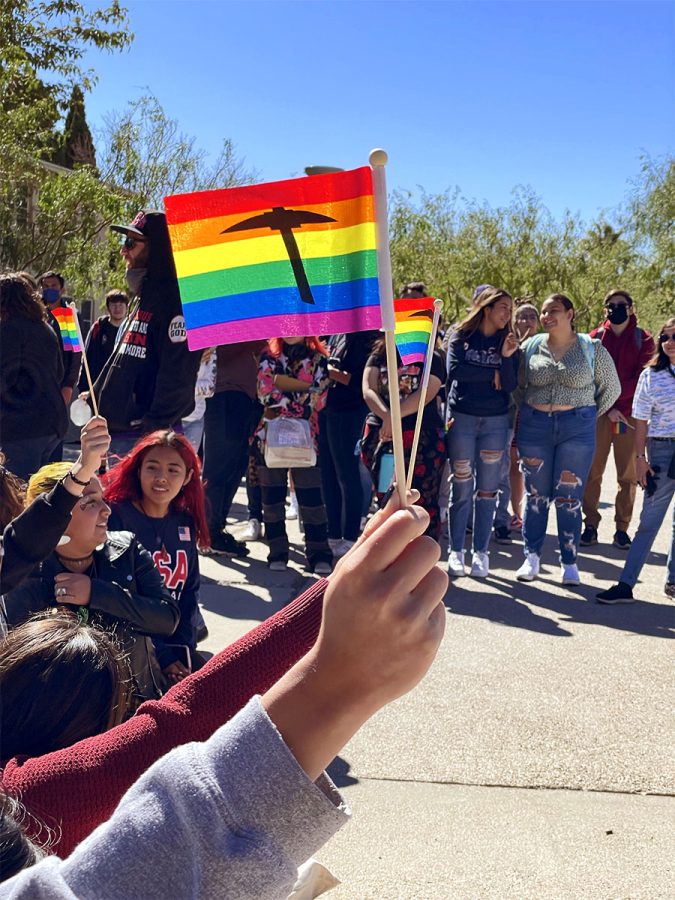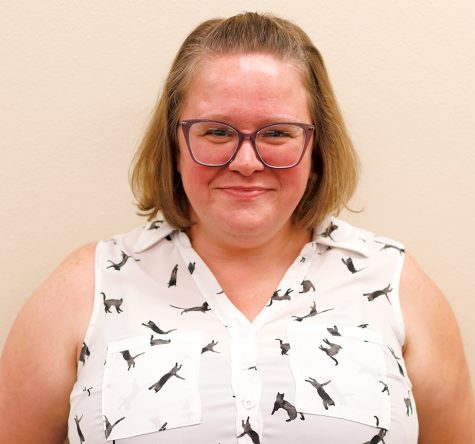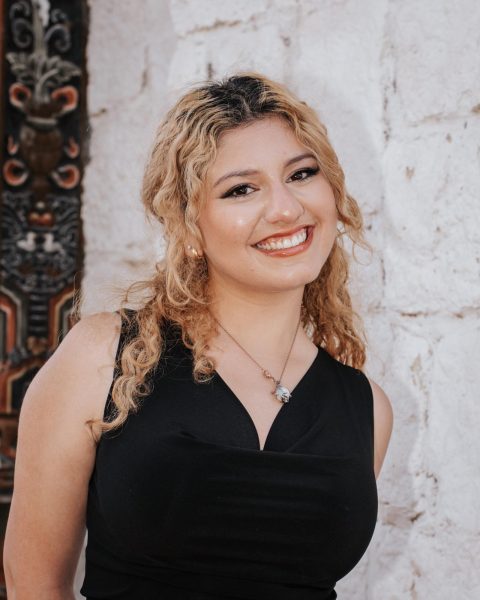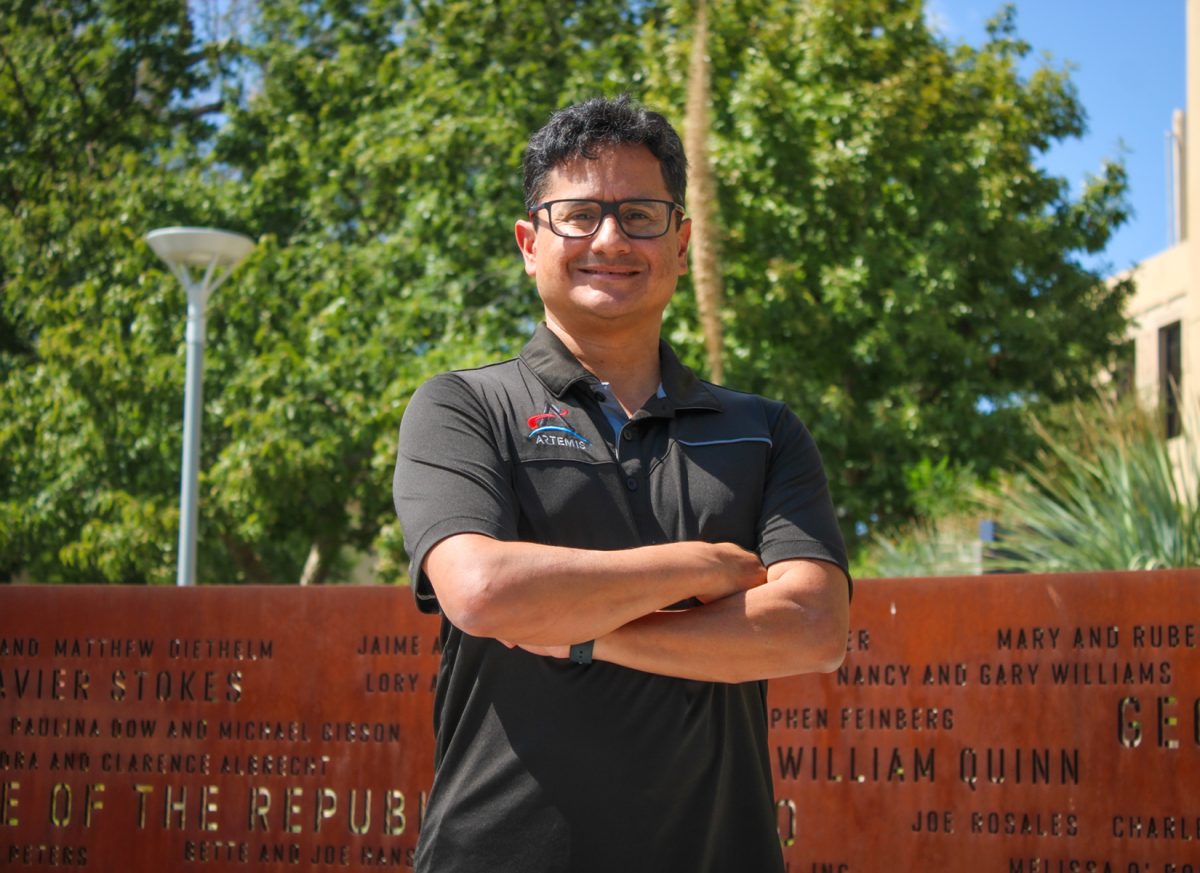Editor’s note: Latinx is a term referring to people of Latin American heritage who identify as gender-neutral.
El Paso is a city of culture and community, yet there is one group that is still struggling in the community: those among the Latinx LGBTQ+ community.
To make matters worse, the recent pandemic that has people quarantining at home more has not helped some of the hostility these individuals face. Depression, anxiety and suicidal ideation has increased among LGBTQ individuals, according to an article by NPR.
Factors that can potentially play a role in the community are racial-ethnic bias, acculturation stress, and immigration concerns, according to research done by The Trevor Project in 2020.
Are there other factors that have a role to play? Irma Montelongo, Ph.D., associate professor of practice for chicano studies at the University of Texas at El Paso explains that many Latinx individuals believe in the Catholic faith and that a lot of traditional dogma can be found within the religion.
“My grandma raised me; I was raised in Juárez in their home and my grandma raised me very Catholic in that household, and my grandfather is very conservative and very closed off,” said UTEP senior Sofia Herrera. “He’s not religious, but he is very conservative and very old school. Machista, he would say.”
Machismo is a strong sense of masculine pride, specifically embedded in the Latinx culture, according to Rochester Institute of Technology. How can machismo affect the family dynamic for Latinx LGBTQ persons?
“It was a pretty good experience with my mom, yet again, with my dad it was a whole different story. He told me, ‘I didn’t want a gay son.’ He said a lot of hurtful things,” said UTEP freshman Carlos Gonzalez. “It was a really hard time. When that happened, he told me that he was going to send me to therapy, saying that he didn’t even want to tell his friends about me.”
Montelongo emphasized the potential use of a good intermediary as a positive solution for families when asked if there is a way to bridge the gap between queer individuals and their families.
“I think it is really about getting their families involved, and for their families to participate in their children’s lives,” Montelongo said.
UTEP senior Javier De La Hoz has words of wisdom for LGBTQ+ youth who want to come out.
“I would say, like I hear most people say, take your time. Do your research and really read upon what you think you might be, or not might be, and having a good circle of friends for you to feel comfortable where you might want to come out little by little,” De La Hoz said.
Students looking for information or have any questions can reach out to the Queer Student Alliance, or QSA, on campus. UTEP also has the Rainbow Miner Initiative that was started by the Student Engagement and Leadership Center. Montelongo states that the UTEP Counseling and Psychological Services is a great resource for students, as well.
Kristen Scheaffer is a staff reporter and can be reached at [email protected].












